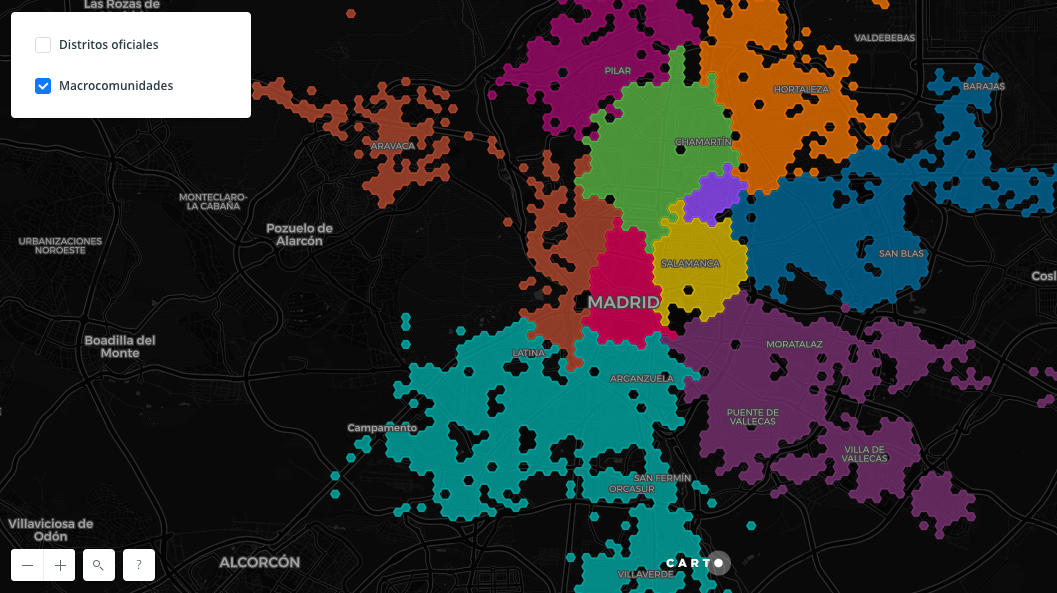The transforming power of data in our cities
Fecha de la noticia: 08-01-2018

People, governments, economy, infrastructure, environment ... all these elements come together in our cities and they have to make the most of the constant flow of data on their streets to be more efficient. Analysis of the efficiency of services, monitoring of investment, improvement of public transport, participation and collaboration with citizens, reduction of waste or prevention of natural disasters are just some of the multiple examples of innovation in cities driven by data that how local governments are getting better services and improving the quality of life of their citizens thanks to the openness and better exploitation of their data.
From finding a parking space to discover new leisure places or simply move around the city. The applications that facilitate us day by day are already part of the usual urban landscape. At the same time, the data is also transforming the cities little by little and offers us an alternative vision of them through the definition of new virtual neighborhoods based on the footprint we are leaving with our actions and our data.

Hyperconnected cities, driven by data, managed by artificial intelligence and inhabited by a greater number of robots than humans will no longer be exclusive to science fiction movies and series, but real projects in the middle of the desert with already defined plans that have been launched in search of diversification and with the aim of transforming and renewing economies that are too dependent on the old oil ironically thanks to the supposed new oil of the data. Returning for a moment to the present, we also find examples of how this transformation through data is real and is happening in such tangible cases as the prevention of crimes and the reduction of violence in the favelas of Rio de Janeiro.
But not all expectations are so optimistic, since the transformative vision that some technology companies have for our neighborhoods also generates serious doubts, not only about how our most personal data will be managed and who will actually be the othe that have access and control over them, but also on the supposed transforming power of the data itself.
Right now the only thing that seems to be totally clear is that the role of data in the transformation of cities and citizens of the immediate future will be essential and we must find our own way halfway between the most optimistic and the most pessimistic visions to define what we understand as the new paradigm of Smart Cities, but always with a focus on the human element and not only on purely technological aspects and with participation and co-creation as key elements.










